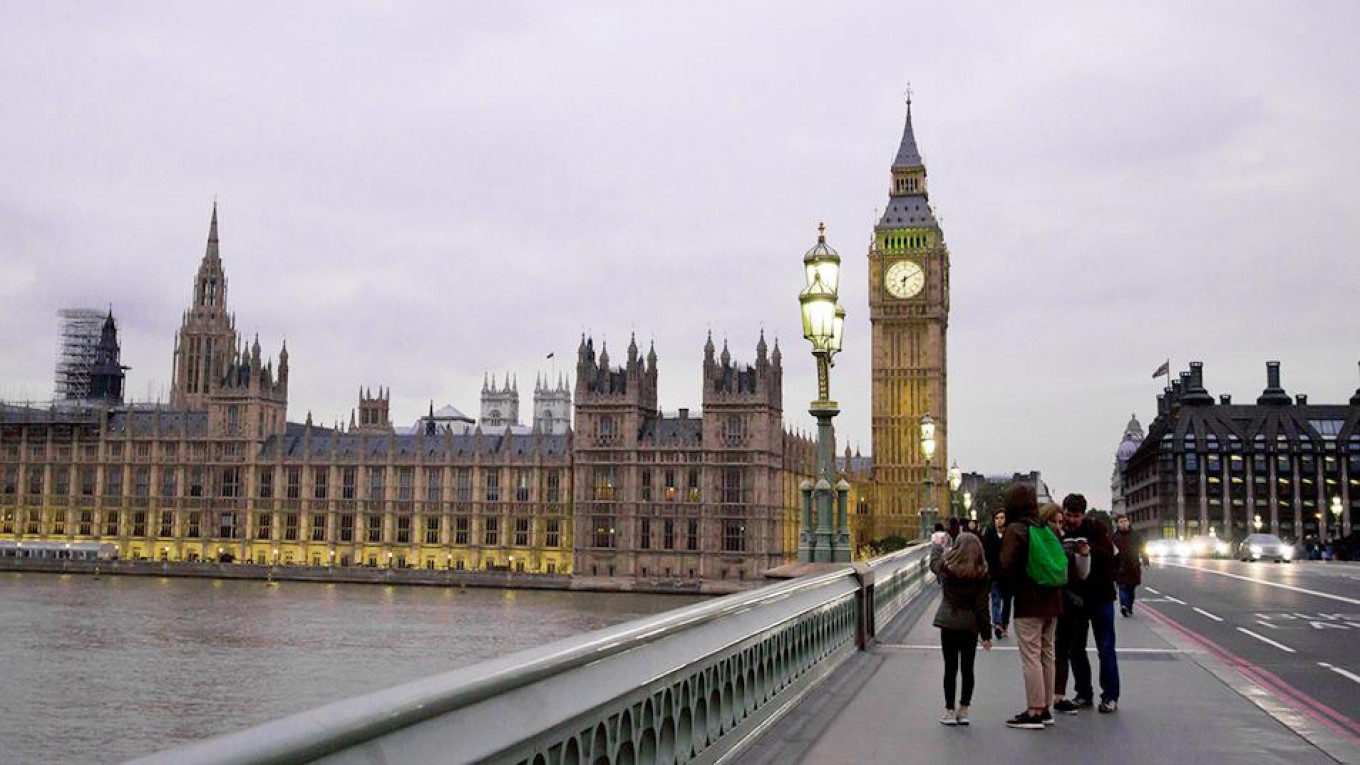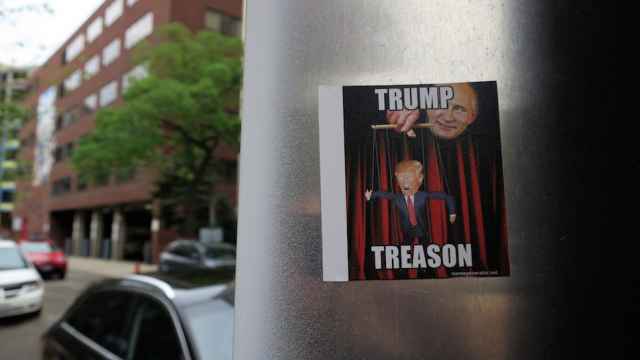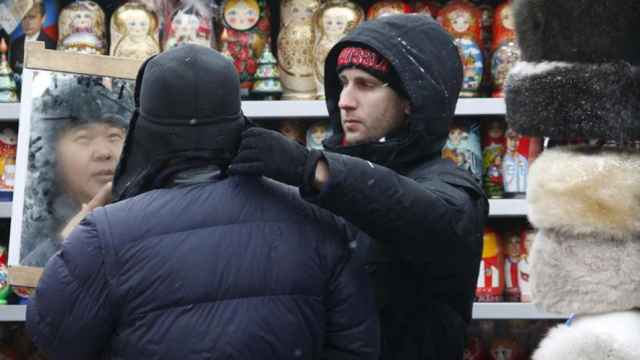Tour operators in Russia are seeing a drop in travel to Britain and the United States as the countries remain locked in diplomatic battles over poisoning and election-meddling accusations.
Russian tourists have experienced significant delays in obtaining U.S. visas over the past year amid staff cuts and the recent closure of the U.S. Consulate in St. Petersburg. Last week, the government agency tasked with promoting Russia’s image abroad launched a sardonically titled program to repatriate students from “unfriendly countries.”
“A decrease in the flow [of Russian tourists to the United States] is expected precisely because of difficulties with obtaining visas,” Russian Tour Operators Association acting director Maya Lomidze said at a news conference Monday.
In Britain, tourism numbers have declined 10 percent mostly due to the declining popularity of education programs, Lomidze added.
Britain’s visa policy, however, “hasn’t changed,” she said. “We’re not seeing any restrictions or additional requirements to obtain British visas.”
Britain accuses Russia of using a highly potent nerve agent to poison ex-spy Sergei Skripal and his daughter, Yulia, last month. Russia has denied any involvement and suggested Britain carried out the attack to stoke anti-Russian sentiment.
Lomidze said Russians are traveling to neighboring countries including Kazakhstan, Armenia, Belarus and Georgia toapply for U.S. visas and avoid long waiting times. Russian citizens can also apply for U.S. visas in any European Union country, she added.
“I can’t say it’s the most popular option to obtain American visas, but nevertheless this option does exist,” Lomidze said.
The expulsion of scores of U.S. diplomats and the closure of the St. Petersburg consulate in a diplomatic tit-for-tat over the Skripals’ poisoning and U.S. election-meddling accusations have extended visa waiting times from less than one week a year ago to eight months currently.
A Message from The Moscow Times:
Dear readers,
We are facing unprecedented challenges. Russia's Prosecutor General's Office has designated The Moscow Times as an "undesirable" organization, criminalizing our work and putting our staff at risk of prosecution. This follows our earlier unjust labeling as a "foreign agent."
These actions are direct attempts to silence independent journalism in Russia. The authorities claim our work "discredits the decisions of the Russian leadership." We see things differently: we strive to provide accurate, unbiased reporting on Russia.
We, the journalists of The Moscow Times, refuse to be silenced. But to continue our work, we need your help.
Your support, no matter how small, makes a world of difference. If you can, please support us monthly starting from just $2. It's quick to set up, and every contribution makes a significant impact.
By supporting The Moscow Times, you're defending open, independent journalism in the face of repression. Thank you for standing with us.
Remind me later.






